“Since inception, decades ago, our program has been hinged on mother-child care. Mothers had difficulty accessing prenatal and postnatal care. We are therefore planning to have outreach programs focusing on mothers in the villages so that they won’t have to walk long distances to access care. In due time, we will also be organizing mobile clinics to boost our outreach programs,” he said during the September 20 interview.
The Spiritans’ medical facility was built upon a program called “Tunza Mtoto na Mama: , translated as “Mother and Child Care”. This was the brainchild of Fr. Tom Hogan, an Irish-born Spiritan Priest, who spent 30 years in Kenya, serving at St. John the Baptist Parish Wenje of the Catholic Dioceses of Garissa.
His departure from the Kenyan Catholic mission in 2020 brought the health program to its knees, but it survived, acting as a pharmacy in a dilapidated single room at Wenje Market.
Towards the end of 2020, Fr. Wafula arrived in Wenje and started conducting an assessment to establish the communities’ medical needs. The people begged to have a privately-run health facility that would ease them the stress of traveling over 50 kilometers to access medical services in Hola.
With the support of Word Mercy Fund, the Electric Aid and NLW (Love of Neighbor) Germany, the Spiritans established the fully equipped Fr. Noel O’Meara Wenje Catholic Health Facility that now tends to an average of 10 patients every day.
(Story continues below)
Patients come in with various ailments including bilharzia, malaria and brucellosis.
 Credit: Fr. Fred Wafula
Credit: Fr. Fred Wafula
The Pokomo who stay on the edges of Tana River, the longest river in Kenya, where they practice small scale farming come in with malaria and bilharzia, while the Wardey come in with brucellosis for consuming contaminated milk and undercooked meat.
The biggest challenge of the Catholic health facility is sustainability, Fr. Wafula says, and explains, “The people here are very poor; we can't rely on what they pay us for our regular expenses. We face the challenge of paying our staff and maintaining a steady flow of medical supplies.”
Wenje has an accessibility challenge, making any dream to have an outreach medical program far-fetched unless the facility purchases a medically-equipped vehicle. Its other immediate need is a fully equipped maternity wing, Fr. Wafula says, adding, “What we now have is just a delivery room without proper equipment to provide care in case of any emergency.”
Wenje also experiences floods, drought and famine, situations that sometimes force the Catholic health facility to shift its attention from its core objective to provide medical care, Fr. Wafula says.
 Credit: Fr. Fred Wafula
Credit: Fr. Fred Wafula
The region also experiences resource-based and religious-driven insecurity, a situation that scares individuals and organizations from investing in Fr. Noel O’Meara Wenje Catholic Health Facility.
Wenje’s herder communities often run into conflict with the farming Pokomo community when their cattle pass though the farms, destroying crops.
“Potential investors disappear when they learn about the insecurity in this area. We always have to work hard to convince them that we will accomplish our objectives,” the Kenyan Spiritan Priest says.
He adds, “We call on potential investors to trust us to deliver. We are here ready to take the risk. They can create an impact through what we do. And the insecurity here can only go down if there is development and by investing in things like education and health.”
Agnes Aineah is a Kenyan journalist with a background in digital and newspaper reporting. She holds a Master of Arts in Digital Journalism from the Aga Khan University, Graduate School of Media and Communications and a Bachelor's Degree in Linguistics, Media and Communications from Kenya's Moi University. Agnes currently serves as a journalist for ACI Africa.



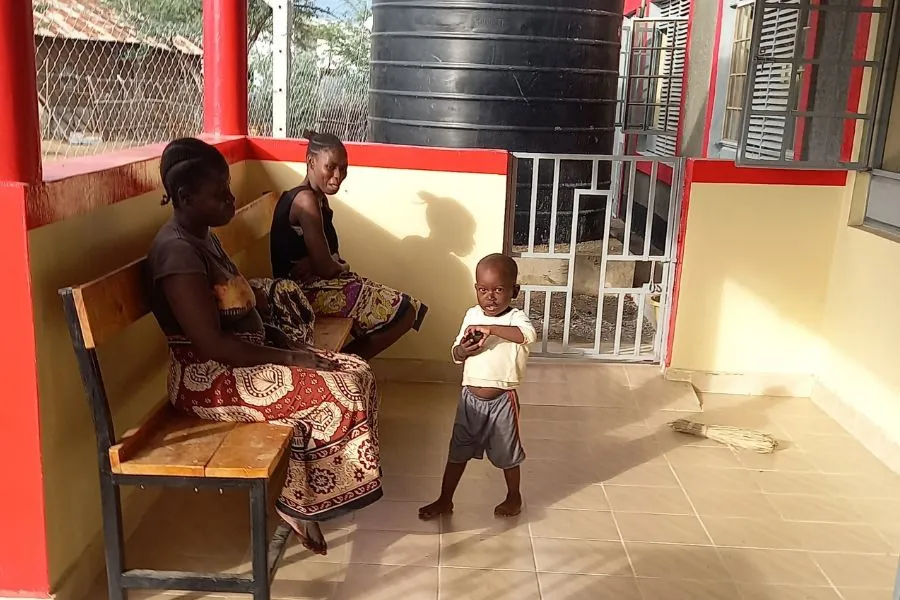
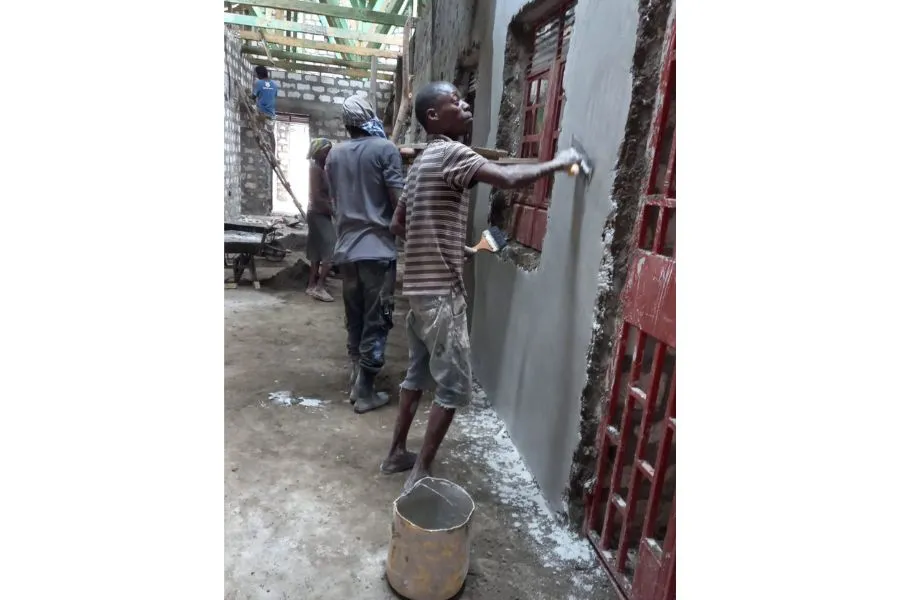 Credit: Fr. Fred Wafula
Credit: Fr. Fred Wafula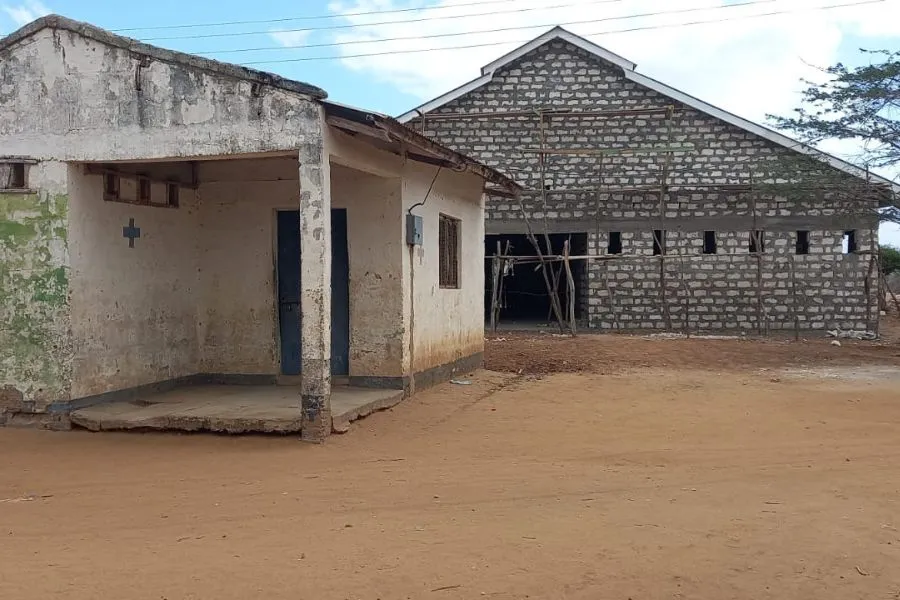 Credit: Fr. Fred Wafula
Credit: Fr. Fred Wafula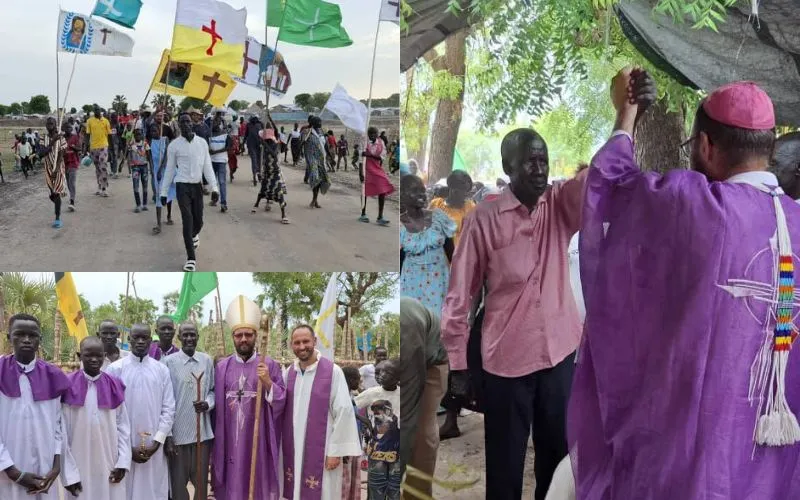
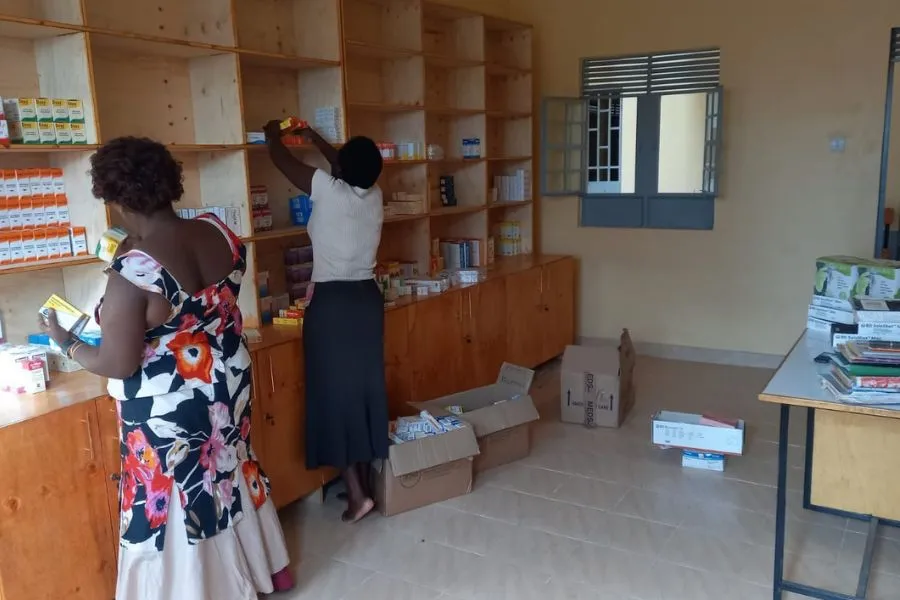 Credit: Fr. Fred Wafula
Credit: Fr. Fred Wafula Credit: Fr. Fred Wafula
Credit: Fr. Fred Wafula Credit: Fr. Fred Wafula
Credit: Fr. Fred Wafula


